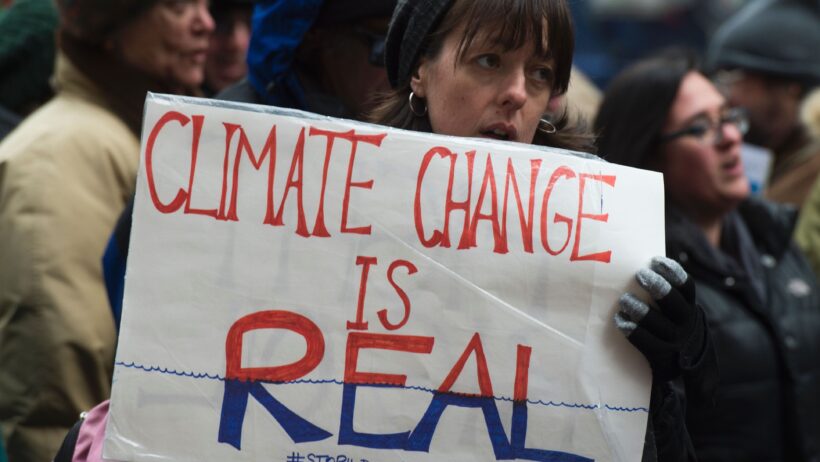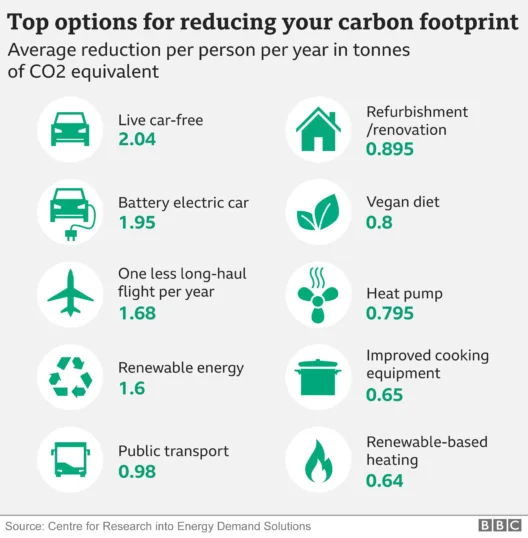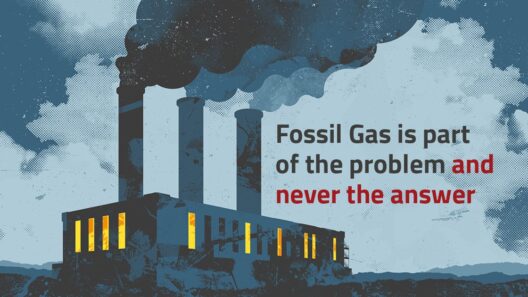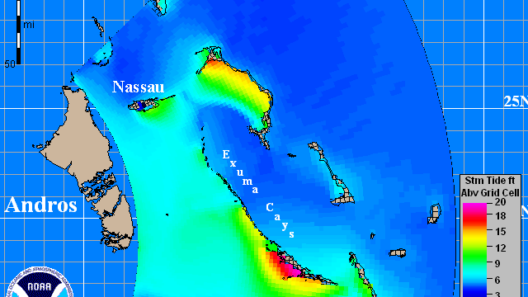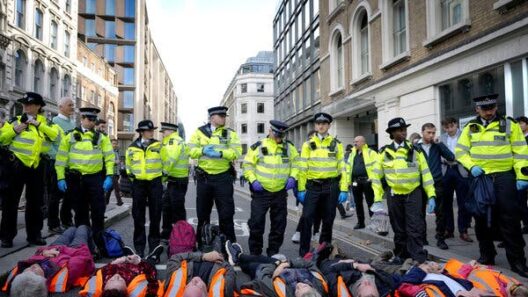As we venture further into 2025, the phenomenon of climate change denial persists in various forms, despite the overwhelming scientific consensus regarding the gravity of the climate crisis. This dissonance between scientific evidence and public perception can be perplexing, as mountains of data accentuate the urgent need for action. Yet, denial remains entrenched. Understanding the multifaceted dimensions of this issue is crucial for fostering constructive dialogue and galvanizing collective effort towards a sustainable future.
One of the predominant factors fueling climate change denial is cognitive dissonance. The term, rooted in psychology, describes the discomfort individuals experience when confronted with facts that contradict their deeply held beliefs. For many, acknowledging climate change necessitates a significant cognitive shift, forcing them to reevaluate their lifestyles, economic beliefs, and societal structures. As a result, some individuals choose denial as a protective mechanism, forging a kind of existential buffer against an inconvenient truth.
Adding another layer to this complex tapestry is the influence of misinformation. In the digital age, the rapid dissemination of false information has proliferated immensely. Social media platforms, where sensationalism often eclipses accuracy, have become breeding grounds for disinformation campaigns. These campaigns are frequently orchestrated by interest groups that seek to protect the fossil fuel industry or other environmentally detrimental enterprises. They leverage statistics, cherry-pick data, and amplify dissenting voices to create an illusion of controversy where none exists. This deluge of misinformation can easily overwhelm individuals attempting to discern credible information, resulting in confusion and skepticism about climate science.
Furthermore, ideological alignment plays a significant role in shaping beliefs about climate change. In many societies, environmental issues have become politically polarized. Advocates for climate action often align with progressive ideologies, while skepticism is more prevalent among conservative factions. This alignment creates an “us versus them” mentality, whereby individuals are less inclined to accept information that contradicts their ideological predispositions. The embrace of denial becomes less about the science itself and more about maintaining loyalty to a political identity. This tribalism complicates the landscape of public discourse, making it challenging to find common ground.
Another contributing factor to the persistence of climate change denial in 2025 is the economic motivation tied to fossil fuel dependency. Many economies, especially those relying heavily on energy extraction industries, harbor a vested interest in maintaining the status quo. The potential for financial loss looms large among policymakers and constituents alike when considering the transition to renewable energy sources. Consequently, a segment of the population may opt for denial as a means to preserve economic stability and protect jobs that are intricately linked to fossil fuels. This economic lens often skews perceptions of climate science, casting legitimate concerns as exaggerated or unfounded.
Social identity also plays a pivotal role in perpetuating climate change denial. Individuals often derive a sense of belonging from the communities they associate with. In this context, rejecting the notion of climate change may foster communal bonds, reinforcing social ties that revolve around shared beliefs. This phenomenon can be particularly potent in tight-knit communities where dissenting opinions are ostracized. The desire for acceptance can thus lead individuals to espouse denialist views, even in the face of overwhelming evidence.
The media landscape further complicates the issue, as the portrayal of climate change can fluctuate markedly based on editorial slants. Mainstream media outlets can sometimes inadvertently amplify denialist narratives by offering equal airtime to fringe opinions. The practice of ‘false balance’—wherein established scientific consensus is presented alongside minority dissenting views—can mislead the public into believing that legitimate debate exists within the scientific community. This skewed representation undermines trust in the veracity of climate science and fosters skepticism in audiences seeking reliable information.
The psychological underpinnings of fear also contribute to denial. Acknowledging the realities of climate change can engender feelings of helplessness, fear, and anxiety about the future. To mitigate these uncomfortable emotions, some individuals may opt for denial as a psychological defense mechanism. This reaction is not merely an intellectual disengagement; it runs deeper, reflecting an unwillingness to confront the potentially catastrophic implications of climate change. Addressing these fears requires not only education but also the cultivation of community resilience and proactive engagement with solutions that empower individuals rather than immobilize them.
Lastly, it is essential to recognize the inherent complexities surrounding cultural narratives in relation to climate change. Different cultures have their own historical contexts, values, and belief systems that influence how they perceive environmental issues. For some, cultural narratives may prioritize immediate economic needs or laud technological advancements, overshadowing the urgent call for sustainable practices. These cultural frameworks can be resistant to change, posing additional challenges to fostering a unified understanding of climate science.
As the world confronts the escalating impacts of climate change—exemplified by more frequent natural disasters, rising sea levels, and shifting ecosystems—the imperative for collective action grows stronger. Understanding the reasons behind climate change denial is critical to developing effective communication strategies and outreach efforts. By acknowledging the psychological, economic, and ideological barriers that persist, we can begin to dismantle the constructs of denial. Ultimately, fostering a culture of acceptance and informed action, rooted in empathy and understanding, is paramount for paving the way toward a sustainable future.



